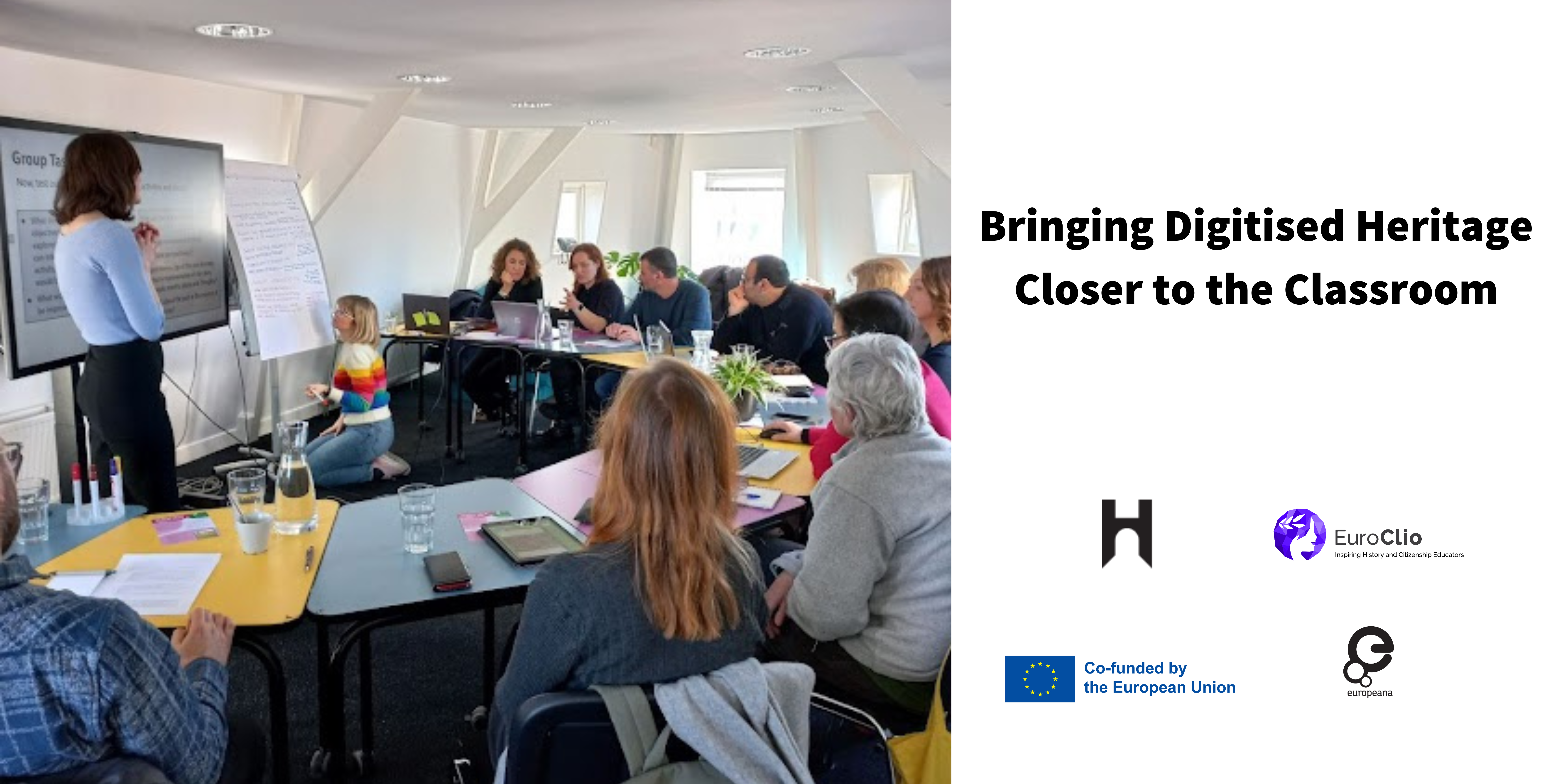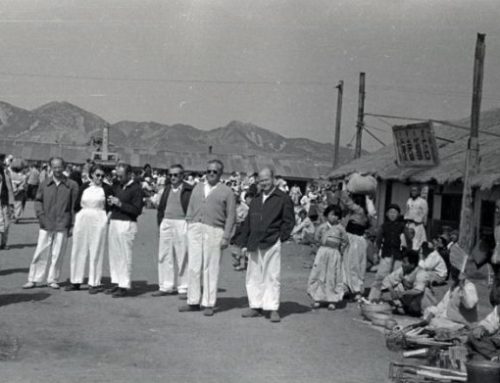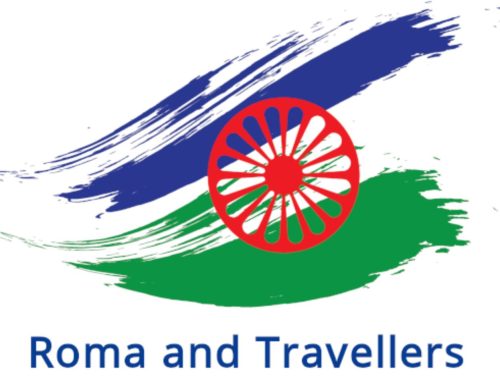2-4 March, The Hague
At the beginning of March, a rather interesting and productive two-day training organised by EuroClio took place in The Hague, The Netherlands. The host brought together seven cultural heritage professionals from different European countries along with three teachers to discuss the use of digital sources in the classroom employing the Historiana platform.
Sitting around the same table, the cultural heritage professionals and teachers, with the guidance of experienced trainers (Helen Snelson, Bridget Martin and Francesco Scatigna, all members of the Historiana team) ended up with an outline of the main components of a digital primary source collection and how this can aid a history teacher’s classroom work and elevate it to high-quality education.
Commenting on the aim of the training from the teacher’s perspective, I find the concept very promising. With a plethora of digitalised materials at their disposal, a teacher can often be misled when designing a lesson activity for a History class. Cultural heritage institutes could support teachers by designing suitable source collections with educational value for the Historiana platform. The aim is always the same: For young students to profit from high-quality e-learning activities in a history class that will enforce their historical/critical thinking.
All the above were part of the first day of training, at the very hospitable environment of EuroClios’s premises. The day ended with an on-site visit to the Historical Museum of The Hague (Haags Historisch Museum) with the purpose to gather some photos and use them as an inspiration to create a primary source collection for teaching purposes.
The content of the museum (which I, personally speaking, very much enjoyed as it revealed a lot of different unknown aspects of the city) triggered lots of ideas for source collections, which were discussed and given feedback the next morning.
The second day of the training ended with a discussion in two groups (teachers and cultural heritage professionals) on the details of organising a national event on using the Historiana platform (the teachers) and on which source collections could be created with the content of each cultural heritage institute represented in the training.
During short training events like this, I think that the most fruitful discussions and exchange of ideas are done during coffee breaks, lunches and dinners. Thanks to the EuroClio Secretariat’s excellent organisation, the participants thoroughly enjoyed those moments that elongated the “to know us better” need and allowed us to discover a part of each other’s everyday reality.
In conclusion, I strongly believe that the training result, which primarily was to enrich the Historiana platform with new e-learning activities and source collection from old and new partners, will be successfully achieved.
Written by Vassiliki Yiannou
Greek language and History teacher













